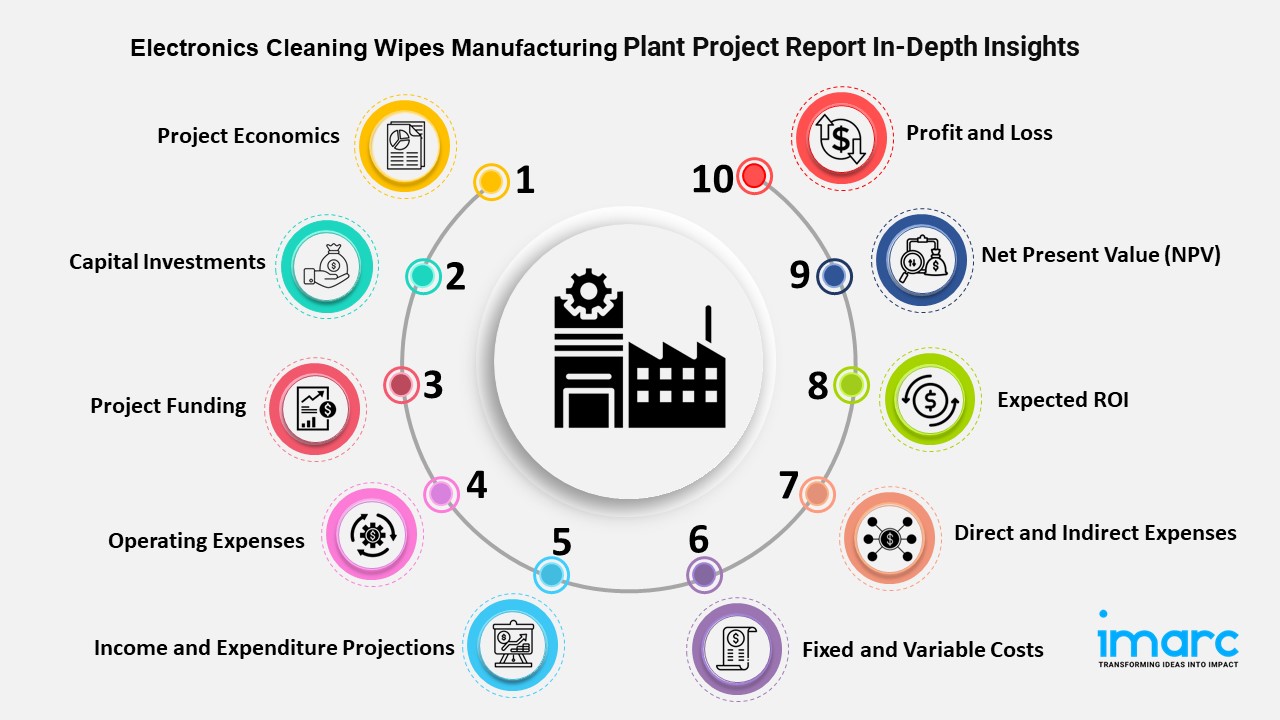 Affiliate Blog Copy – Sell Without Selling. Earn More Now!
Affiliate Blog Copy – Sell Without Selling. Earn More Now!
The Future of Sustainable Aviation Fuels (SAFs): Innovations and Challenges
Written by leadvent Group » Updated on: June 17th, 2025


As the aviation industry sets ambitious sustainability targets, Sustainable Aviation Fuels (SAFs) are emerging as a critical component in reducing carbon emissions. With innovations driving progress and significant challenges to overcome, SAFs are at the forefront of discussions at major aviation conferences, including the highly anticipated World Sustainable Aviation Fuel Forum. This article explores the future of SAFs, backed by case studies, statistics, and FAQs, and highlights how events like this forum foster airline sustainability.
Innovations Driving the Adoption of SAFs
1. Advanced Feedstocks
Recent breakthroughs in feedstocks, including non-edible oils, algae, and agricultural waste, are ensuring SAFs’ scalability. Innovations in synthetic biology and genetic engineering have enabled higher yields and reduced costs.
2. Production Technologies
Technologies like Hydroprocessed Esters and Fatty Acids (HEFA), Fischer-Tropsch (FT) synthesis, and Alcohol-to-Jet (ATJ) pathways are refining SAF production. These advancements are reducing the carbon intensity of fuels, paving the way for widespread adoption.
3. Blending and Compatibility
SAFs are designed to blend seamlessly with traditional jet fuel, ensuring compatibility with existing infrastructure and aircraft engines. This feature is crucial for cost-effective deployment.
Case Study: United Airlines’ Commitment to SAFs
United Airlines is a pioneer in adopting SAFs. In 2021, the airline made history by operating a commercial flight powered entirely by SAF. By partnering with World Energy and Neste, United aims to achieve net-zero carbon emissions by 2050. This initiative underscores how airlines can leverage SAFs to enhance airline sustainability while meeting regulatory requirements.
Challenges Hindering Widespread Adoption
1. Cost Constraints
Currently, SAFs cost 3-5 times more than conventional jet fuels. Scaling up production and achieving economies of scale are critical to bridging this gap.
2. Supply Chain Bottlenecks
From feedstock availability to refining capacity, the SAF supply chain faces multiple hurdles. Collaborative efforts across the industry are essential to address these challenges.
3. Regulatory and Certification Barriers
Achieving global certification standards and aligning policies across countries remain significant roadblocks. Supportive regulatory frameworks are needed to encourage investments.
Statistics Highlighting SAF’s Potential
- Sustainable Aviation Fuels (SAFs) have the potential to cut lifecycle greenhouse gas emissions by as much as 80% when compared to conventional jet fuel.
- By 2030, the global SAF market is projected to reach $15.7 billion, growing at a CAGR of 59.9%.
- The International Air Transport Association (IATA) has set a target of 10% SAF usage by airlines globally by 2030.
The Role of Aviation Conferences in Driving Change
Events like the World Sustainable Aviation Fuel Forum play a pivotal role in fostering collaboration. These aviation conferences bring together industry leaders, researchers, and policymakers to discuss innovative solutions and address pressing challenges.
Key Highlights of the Forum:
- Expert panels on emerging technologies for SAF production.
- Case studies showcasing successful SAF implementations by leading airlines.
- Networking opportunities with stakeholders committed to airline sustainability.
FAQ Section
Q: What are Sustainable Aviation Fuels (SAFs)?
A: SAFs are biofuels derived from renewable resources such as agricultural waste, used cooking oil, and algae. They are designed to significantly reduce greenhouse gas emissions.
Q: Are SAFs compatible with existing aircraft?
A: Yes, SAFs can be blended with conventional jet fuels and are compatible with existing aircraft and infrastructure.
Q: How are SAFs regulated?
A: SAFs undergo rigorous certification processes to ensure safety and performance standards are met.
Conclusion
The journey toward airline sustainability is intrinsically linked to the adoption of SAFs. While significant challenges persist, innovations in technology and collaborative efforts spearheaded by aviation conferences like the World Sustainable Aviation Fuel Forum are propelling the industry forward. By prioritizing SAFs, the aviation sector can achieve its ambitious sustainability goals and contribute to a greener future.
Note: IndiBlogHub features both user-submitted and editorial content. We do not verify third-party contributions. Read our Disclaimer and Privacy Policyfor details.
Men's Journal is a rugged and refined lifestyle adventure travel, food and drink Get in touch [email protected] to find out how we can help you reach everyday, affluent, and adventure seeking consumers on Men's Journal
Copyright © 2019-2025 IndiBlogHub.com. All rights reserved. Hosted on DigitalOcean for fast, reliable performance.












